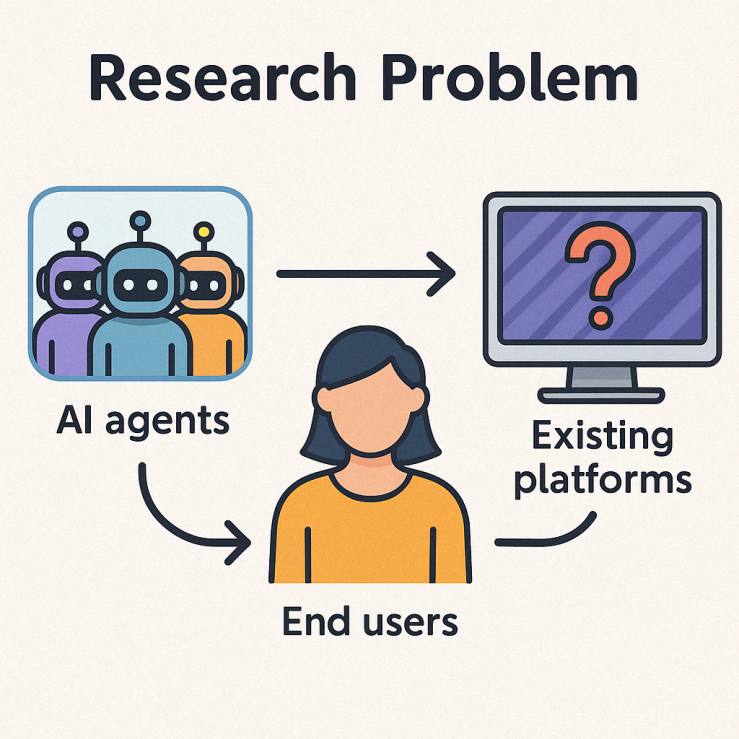AI Agent Marketplace
Keywords:
AI Agent Marketplace, Deep Neural Networks, Principal Component Analysis (PCA), Real-Time Prediction, Accessibility, TensorFlow, Supabase, User-Centered Design, Scalability, BLEU Score, F1-Score, Inference Latency.Abstract
The rapid proliferation of AI technologies has amplified the need for accessible and scalable platforms to deploy AI agents for diverse user groups. However, existing AI agent marketplaces face challenges such as poor usability, limited scalability, and high latency, restricting broader adoption. This study introduces AgentVerse, a modular, user-centered AI agent marketplace framework designed to enhance accessibility, real-time interactivity, and operational scalability. AgentVerse incorporates a lightweight deep learning model for agent success prediction, combining Principal Component Analysis (PCA) for feature extraction with a multi-layered deep neural network optimized for rapid inference. The experimental dataset, inspired by real-world repositories [25], includes 5,000 user transactions and 3,000 agent metadata records. The model was trained using TensorFlow 2.13 on high-performance hardware, evaluated across multiple metrics including accuracy, F1-score, and inference latency. Experimental results demonstrate that the proposed deep learning model outperforms baseline models such as Logistic Regression, Random Forest, and SVM, achieving an accuracy of 91.2%, an F1-score of 0.889, and an average inference latency of 12 milliseconds per prediction. Statistical analysis using a paired t-test confirmed the superiority of the proposed model with p<0.01. The findings highlight AgentVerse’s potential for real-world deployment, offering a scalable, responsive, and user-friendly AI marketplace solution. Future work aims to integrate reinforcement learning, multimodal metadata utilization, and decentralized trust mechanisms to further enhance marketplace resilience and adaptability.





